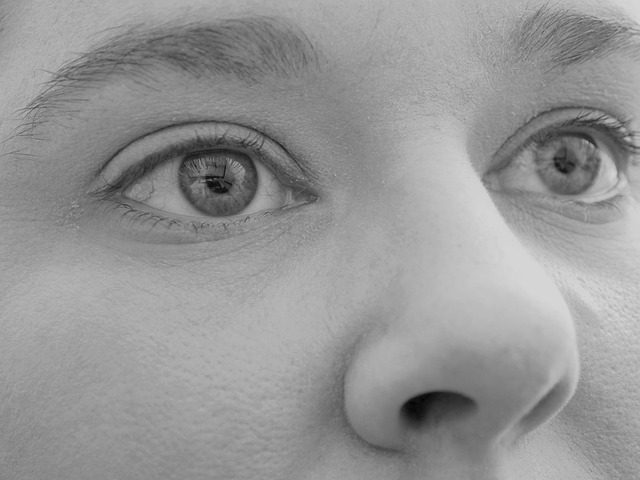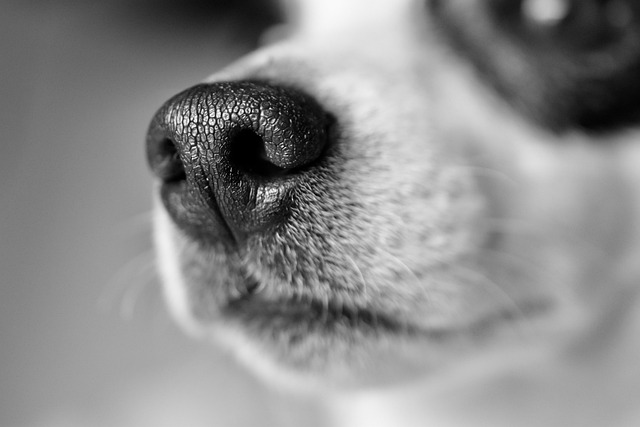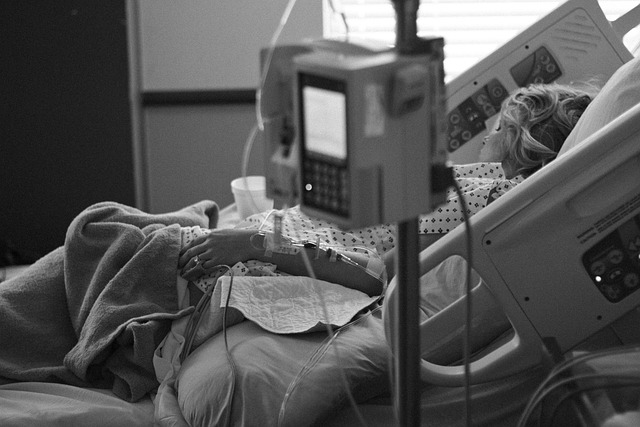The concept of detecting cancer through smell sounds like something straight out of a strange science fiction novel. However, while humans cannot smell cancer, recent studies have explored the intriguing theory that certain cancers produce unique odors. These odors are caused by volatile chemical compounds (VOCs) produced by cancer cells. Even though these odors may be too subtle to notice with our noses, the chemical compounds may be detectable using other means. Understanding these odors better could pave the way for earlier diagnosis of various cancers.
The Link Between Bad Odors and Disease

Throughout medical history, physicians have noted that certain diseases are associated with distinct odors. When it comes to cancer, the cells in the body don’t divide properly, multiplying out of control and not dying when they are meant to. This process leads to the death of healthy cells and the production of volatile organic compounds. These VOCs are byproducts of processes such as cancer, inflammation, and infection. These VOCs have been detected in the urine samples and breath of cancer patients. One particular study revealed that VOCs were present in cancers such as bladder, lung, prostate, and breast cancer.
Can Humans Smell Cancer?

There have been several anecdotal reports that suggest some people can pick up on subtle odors from cancer patients. However, scientific evidence indicates that in general, humans cannot directly smell cancer. The concentration of volatile organic compounds associated with cancer development is too low to be perceived by the human olfactory system. But this does not mean that their presence cannot be detected at all. These VOCs can be identified by using highly specialized apparatus, such as gas chromatography-mass spectrometry. Also known as GC-MS, this equipment can identify the particular VOC odor signatures associated with cancer.
Read More: 9 Reasons You Could Have Smelly Urine, and What To Do About It
Can Dogs Smell Cancer?

While humans cannot pick up on the subtle VOC odors, it turns out that dogs are actually particularly good at doing so. Their olfactory senses are far superior to humans’. In fact, the part of the dog’s brain devoted to analyzing smell is around 40 times bigger than the comparable area of human brains. Amazingly, dogs have up to 300 million olfactory receptors in their noses. Compared to that, we have only around six million. Therefore, it may come as no surprise to you that dogs can indeed smell the odors emitted by people with cancer. Trained dogs can detect various cancers, such as breast, lung, and prostate cancers. They can do so by identifying specific VOCs in samples of human breath, urine, or skin.
Electronic Noses

While animal studies have shown great promise in cancer detection, trained dogs may not be easily accessible or practical in many cases. However, inspired by these findings, scientists have now begun to develop electronic noses capable of detecting disease-associated VOCs. These “e-noses” work by using sensor arrays to analyse specific chemical patterns in given samples. This offers physicians a quick and non-invasive diagnostic tool. So far, this technology has shown some success in detecting colorectal and lung cancers.
Read More: 10 Cancer Warning Signs Women Often Overlook
Changes In Body Odor Due To Cancer Treatments

There are certain cancer treatments, such as chemotherapy, that can cause changes in a person’s bodily odor. Chemo medications can affect the patient’s metabolism and the chemical composition of their urine, sweat, and breath. This results in noticeable changes in their odor. Some cancer patients have also reported that they experience an increased sensitivity to odors, known as hyperosmia. Cancer patients can try to mitigate these changes in odor by maintaining good hygiene, using odor-neutralizing products, and staying hydrated.
The Odors Associated With Different Types of Cancer

Different types of cancer may produce different scent profiles. For instance, skin cancers produce a change in body odor, while colorectal cancer often produces a sulfur-like smell. These scents are usually not detectable by our noses, yet can be detected by animals and medical equipment. Scientists theorize that if each cancer produces a distinct odor, we could eventually use that knowledge to make a quick diagnosis.
The Challenges Facing Cancer Researchers

While this new diagnostic tool may show great potential, there are still several challenges that face researchers. For one, VOCs profiles vary greatly from one individual to another. This is due to factors such as genetics, environment, and diet. This somewhat complicates the development of the necessary diagnostic tools. Furthermore, integrating odor-based diagnostics into a typical clinical practice requires certain standards. For example, the method would have to undergo rigorous validations and ethical considerations regarding the use of animals.
The Bottom Line

So, can humans actually smell cancer? Well, the quick answer is technically, no. However, the subtle odors your body may be giving off can be detected by trained dogs and specialized equipment. While there is still a way to go in terms of the development of this diagnostic tool, it could prove to be very useful in the near future. Very soon, detecting cancer early could be as easy as taking a specific scent test or breathing into a sensor.
Read More: She Smelled Her Husband’s Illness Years Before Diagnosis, Now Scientists Are Studying Her

